Is European Bread Really Better?
Magazine
30 September 2025
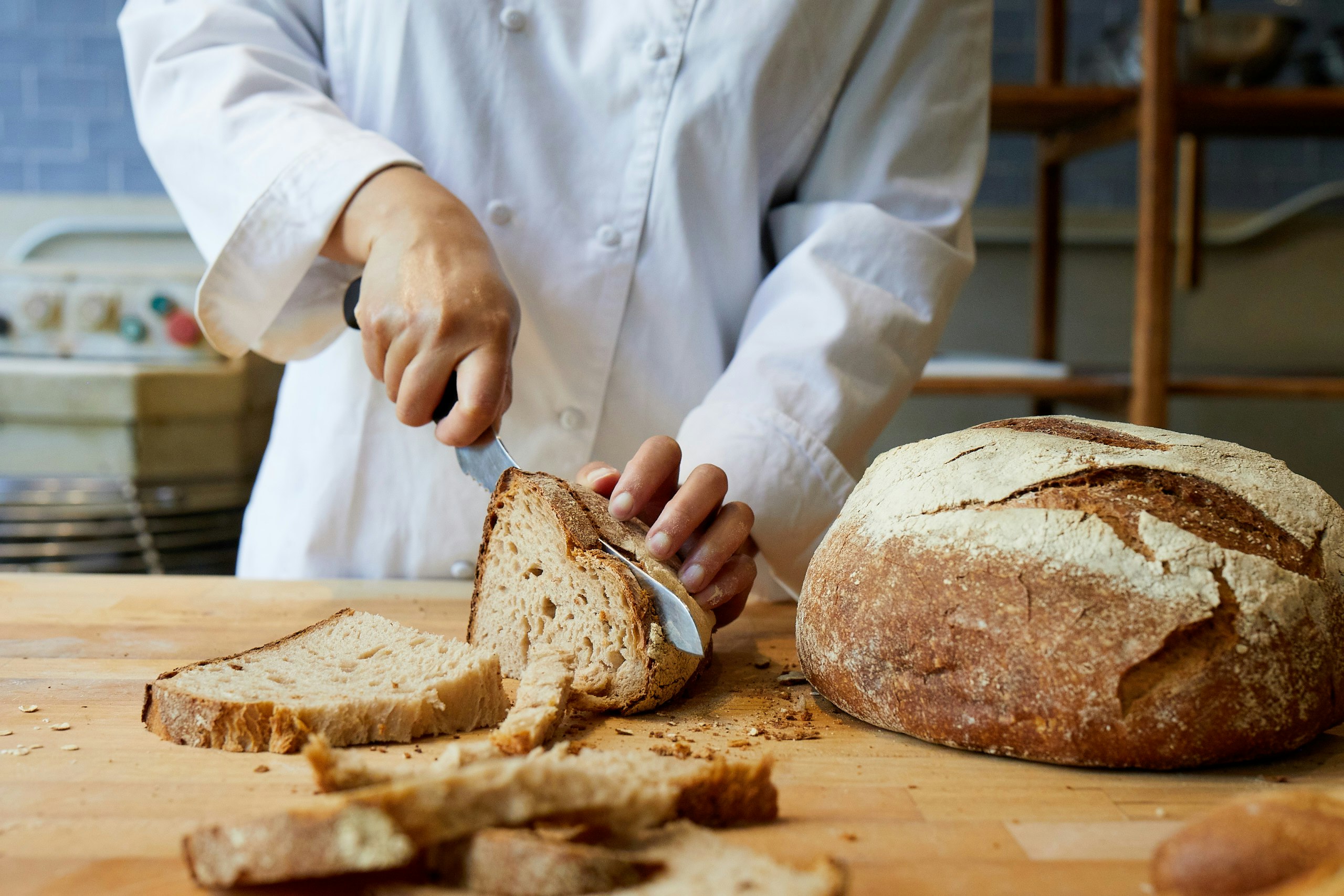
Americans traveling abroad often rave: “The bread in Europe just feels better!” A recent New York Times feature asks why so many people report eating baguettes, croissants, or pizza in Paris or Rome with “zero discomfort”—while back home, a sandwich loaf leads to bloating or foggy fatigue. There are real reasons behind this bread divide, and Le Pain Quotidien’s approach puts these findings into practice daily.
Bread made with integrity
At Le Pain Quotidien, bread is crafted—not manufactured. Each loaf starts with only flour, water, salt, and time, echoing the European commitment to tradition, simple ingredients, and extended fermentation. Our breads ferment for 33 hours, developing flavor and digestibility naturally, without shortcuts or artificial boosters.
This philosophy aligns closely with what the New York Times identifies as healthier, more tolerable bread: real artisanal methods, clean wheat, and the exclusion of unnecessary chemicals and additives. It’s the approach that distinguishes our bread—gentle on the body, flavorful, and honest.
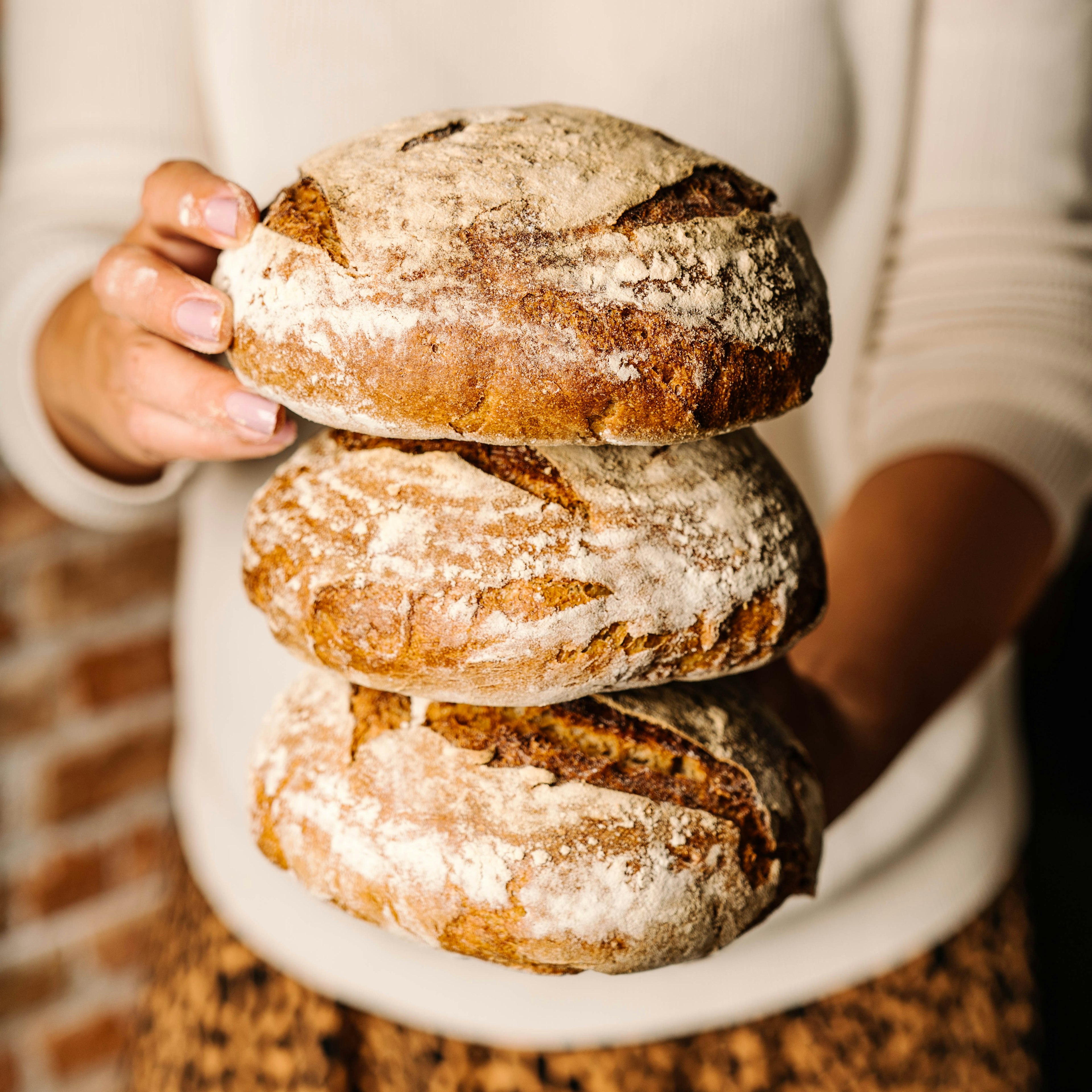
The takeaway: simplicity, tradition, and transparency
The science and stories behind bread in Europe are not just about nostalgia or in-vacation bliss. It’s about transparency, respect for ingredients, careful time-honored processes, and real craftsmanship—values baked into every loaf at Le Pain Quotidien. As more people ask these questions, we’re proud to honor the best of bakery tradition each day, ensuring bread that’s simple, natural, and made with care
Conclusion
For guests who crave the real difference, European bread isn’t just “better”—it’s a daily reminder that the best things are made with integrity. Le Pain Quotidien is committed to bringing this standard to tables across America, slice by slice.
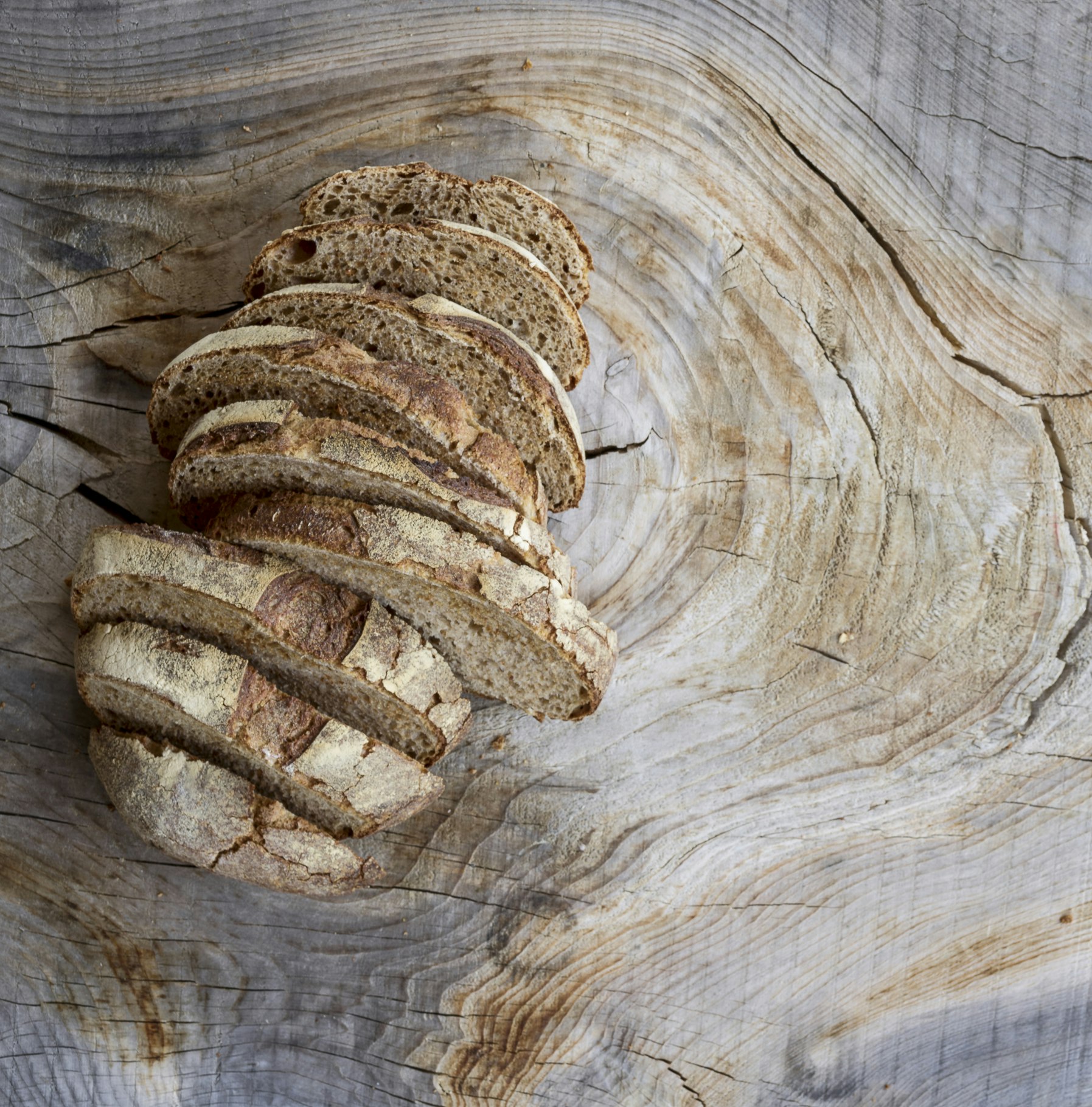
Read the article from the NY Times here
Continue reading
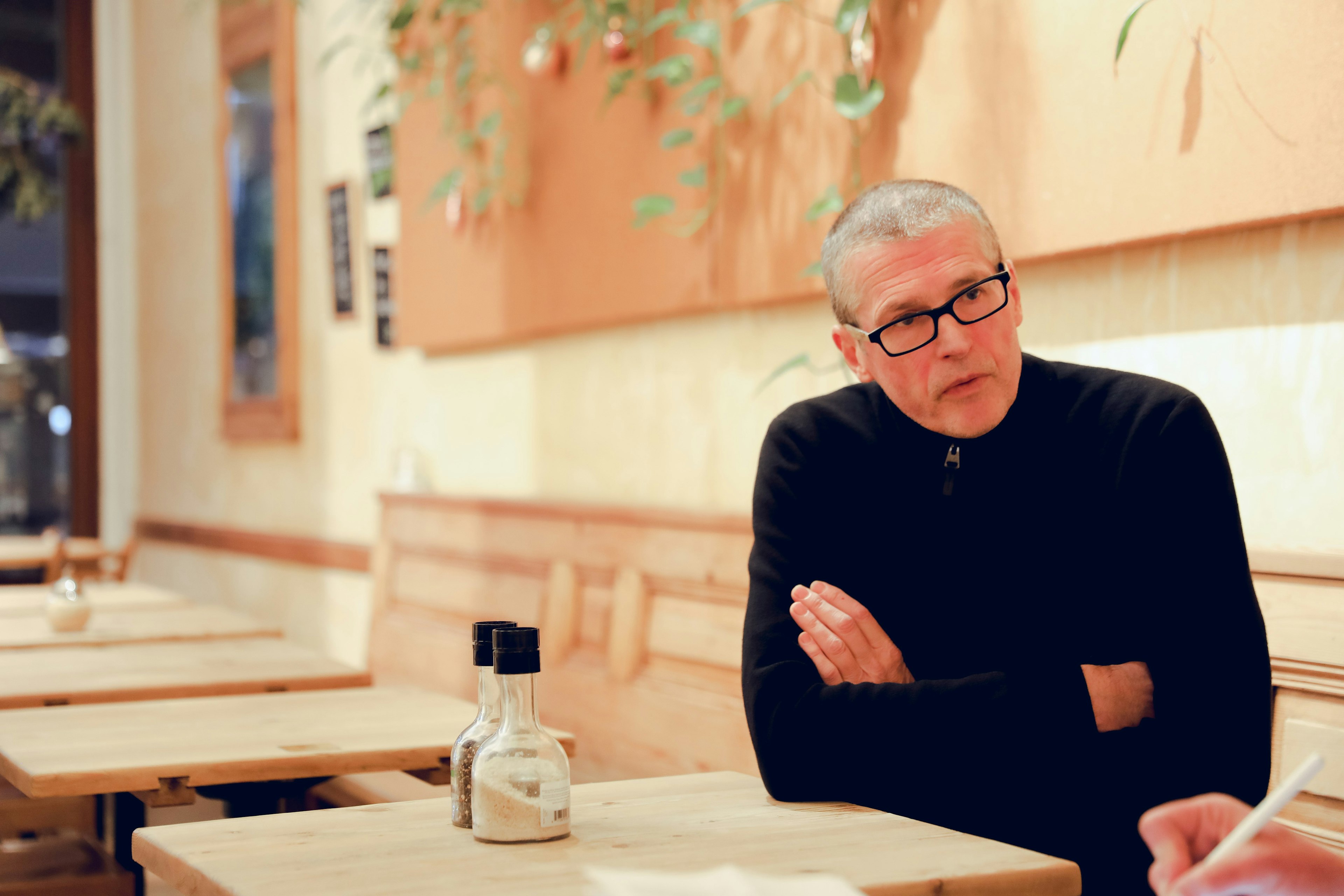
35 years of Le Pain Quotidien
Over the past years, our company has weathered a restructuring, a pandemic health crisis, and several lockdowns, to name a few. As a group and as a brand, we are coming out stronger. While many new partners are joining the family, we felt it was important to introduce them to the story from one of the pioneers. Kris is the owner of one of the original franchisees of Alain, and it continues to grow strong today.
Read article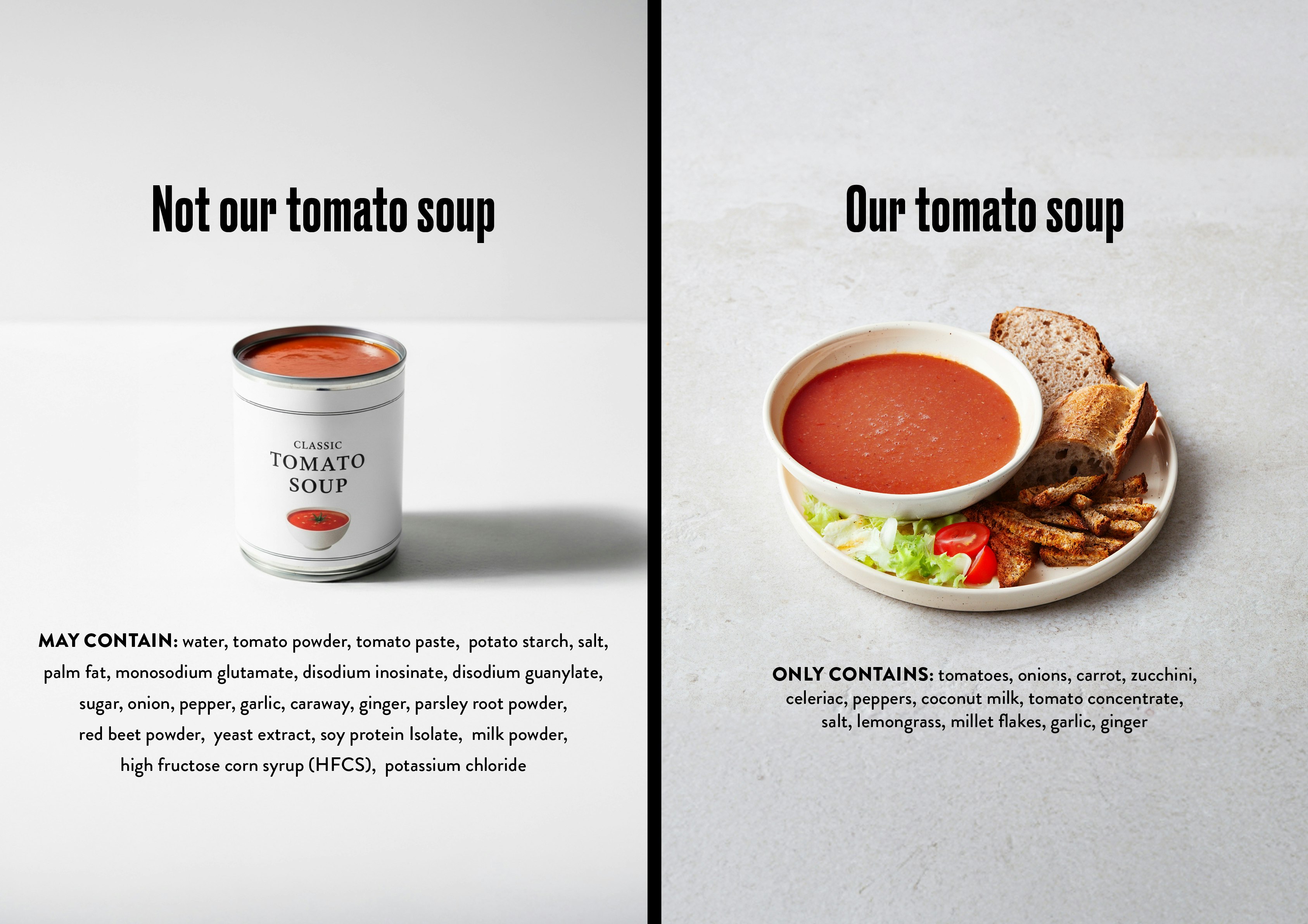
Clean eating
Clean eating at Le Pain Quotidien is a philosophy woven into every dish we offer, guided by a simple commitment: food should be honest, natural, and minimally processed. While our sourdough bread is a signature example, our dedication extends to everything we serve, from the first spoonful of yogurt to each glass of juice or bowl of granola.
Read articlePlease, Take Your time.
Welcome homeLe Pain Quotidien means "the daily bread". And to us, that means everything. It’s much more than mere sustenance; it’s a way of life.
Simple. Fresh. Honest.
Our dishesOur menu celebrates natural, honest ingredients, prepared freshly every day. And at the heart of it all is the bread that brings everything together.